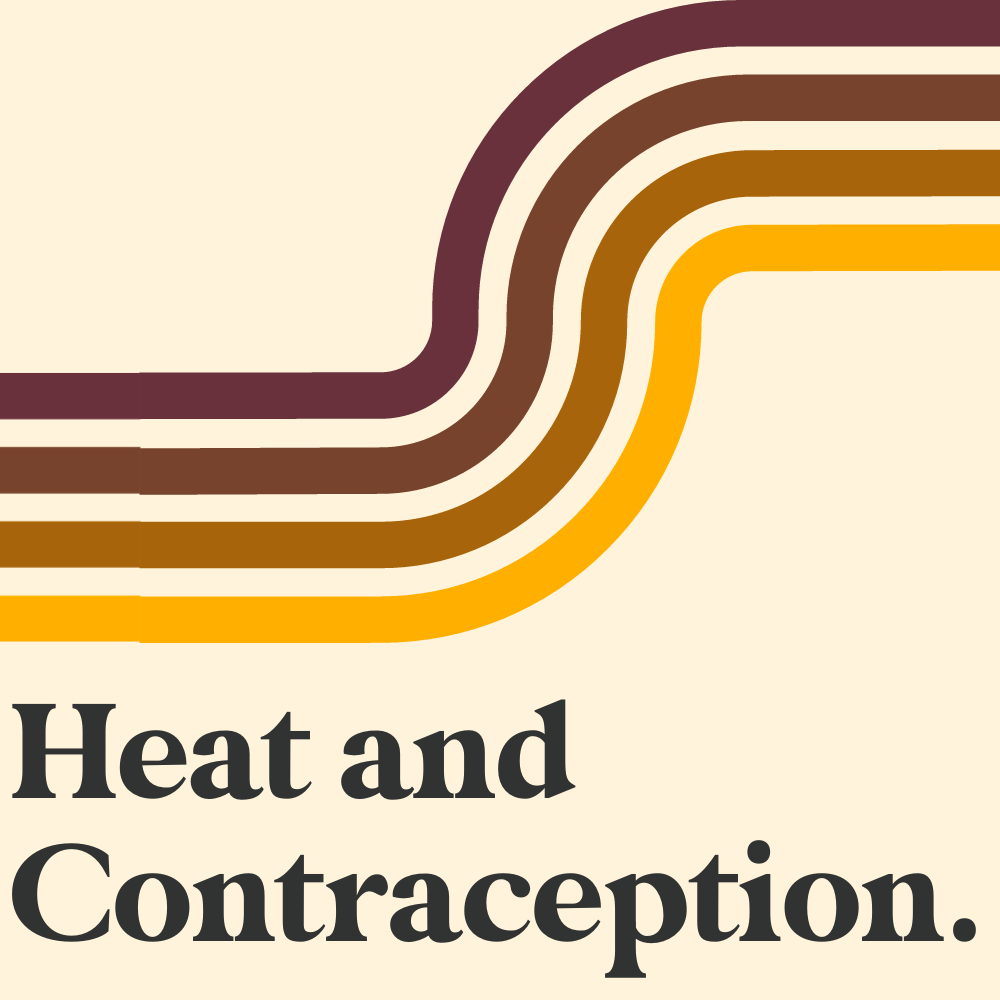
Not too long ago we talked about how climate change has a large impact on reproductive health, and today we are going to dive a bit deeper on that. Now, even though for a lot of us we are getting ready to enter the fall season, climate change can make certain parts of the country and world still feel like they are in the middle of summer when the calendar says differently. Extreme heat can affect pregnancies in many different ways that can cause a lot of health risk for both the pregnant person and baby, but what can be quite surprising for a lot of folks is how that same extreme heat can affect reproductive health supplies.
What’s the link?
Almost every year we are seeing record heat waves roll over the country, and even if you don’t believe it can be tied to climate change, the direct health effects cannot be discounted. For a lot of intended parents, knowing the moment that your gestational surrogate is pregnant is an unbelievably happy moment, but such items like pregnancy tests can sustain damage in extreme heat that can render them ineffective. Pregnancy tests normally should be stored in temperatures between 36 to 86 degrees fahrenheit, but unfortunately we have seen year after year parts of the country that average temps in the 90’s or 100’s for multiple days or weeks. This of course doesn’t just affect intended parents and surrogates, but also those who simply don’t want to have children especially if they live in a state that has abortion access heavily restricted or banned completely.
The decision of having a child regardless of the laws in certain states is deeply personal, and for a lot of pregnant people that choice can carry health risks that they may or may not want to embark on. The very fact of knowing if you’re pregnant gives a person so much information to make a decision, but if the device that gives that information is ineffective, a person’s ability to make a choice that will affect their health is in a sense taken away as well.
Pregnancy tests are not the only contraception that is affected by the extreme heat. Emergency contraception pills (like Plan B) and condoms are also affected by the heat. ECP’s should be stored between 68 and 77 degrees, but can be transported in temperatures between 59 and 86 degrees. While condoms should be stored at no more than 86 degrees. For many people, this is new information for them, and they don’t often check the temperature when they store their contraceptives. However, if you live in states that are in the south where you can expect temperatures to reach triple digits during the summer for multiple days, access to reproductive health supplies needs to be in the forefront of a lot of people’ mind.
In the previous post about climate change, the connection of how these extreme weather patterns do not affect everyone equally, especially POC, queer, and low income communities was made, and it exists in this context as well. Not everyone has access to air conditioning in their home or even their car (if they have one), and this not only poses a risk to their everyday health but also to the health of their contraception. This of course can lead people to find abortion services in other states if their home state has a ban or restrictions, which could be a financially harder option for many.
The Important Bits
This all comes together to one important result, and that is to be mindful of how extreme the weather gets near you, especially in warmer months. Being careful as possible, especially if you live in a state that has limited reproductive health is important. So, no matter the reason why you use a pregnancy test or contraception, we have now come to the point that we have come up with areas to store them so they don’t lose their effectiveness and have unattended results. Climate change, extreme heat, and reproductive health are closely linked to each other, and not only the fight for one must equal a fight for all, but knowledge of one must equal knowledge for all.

